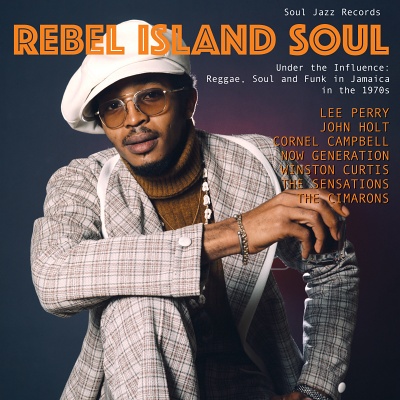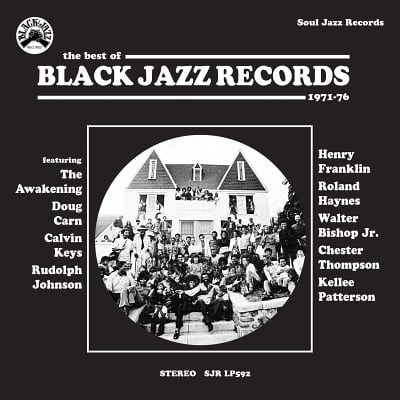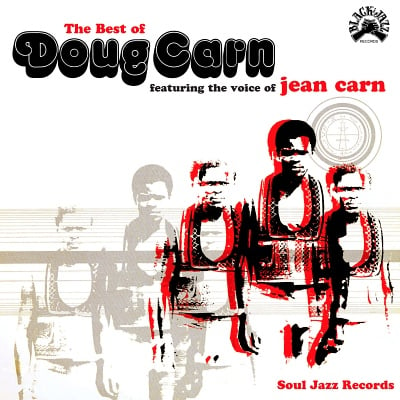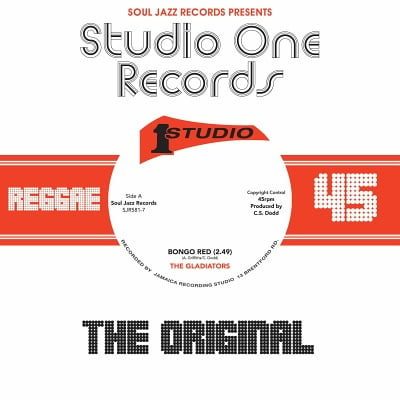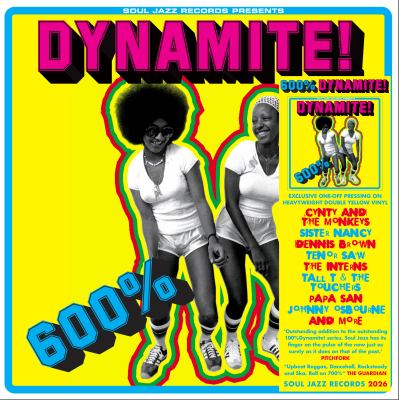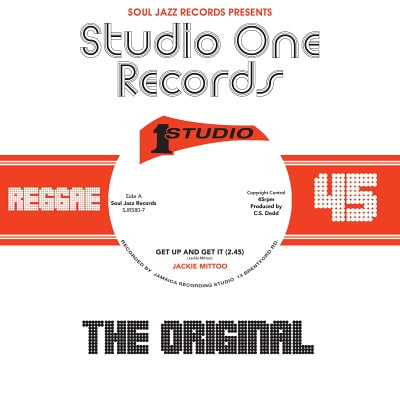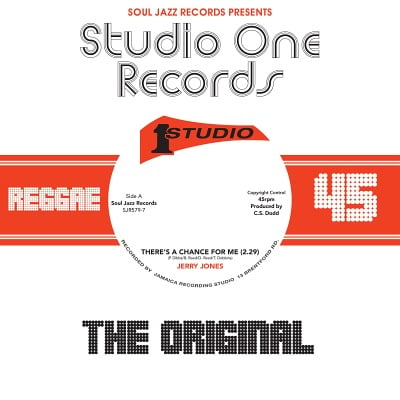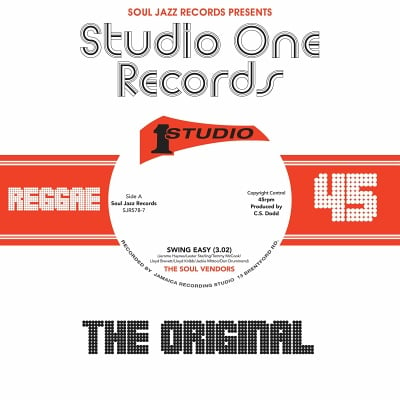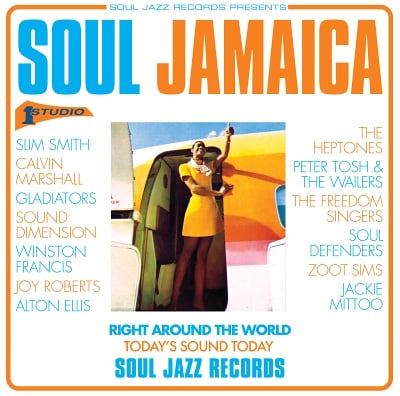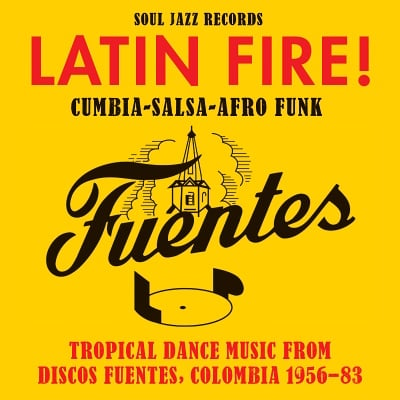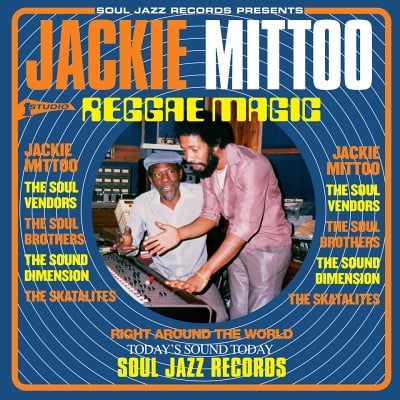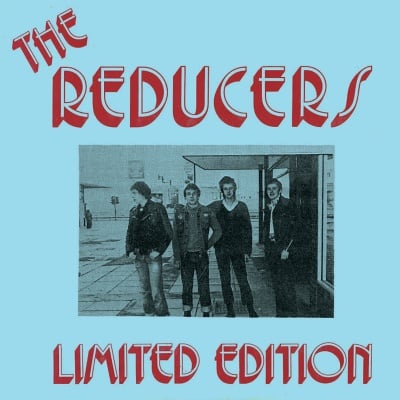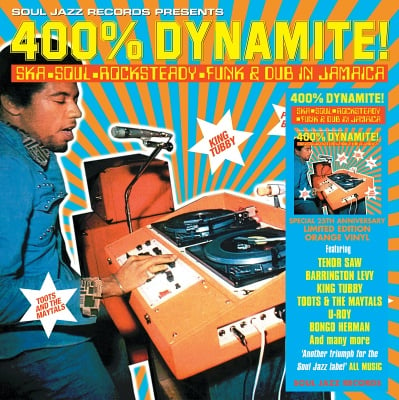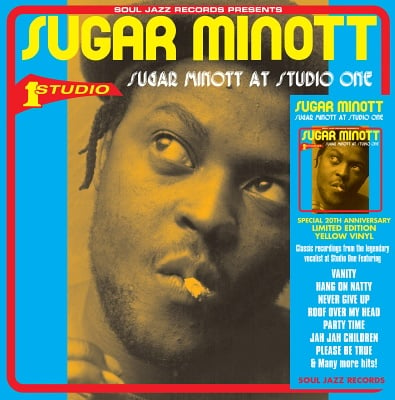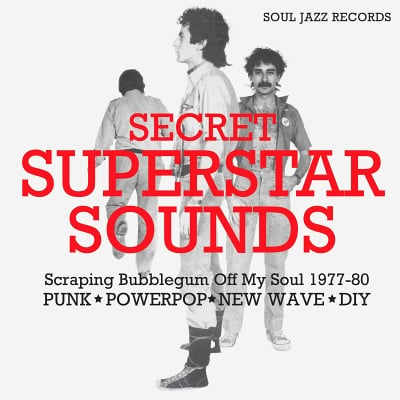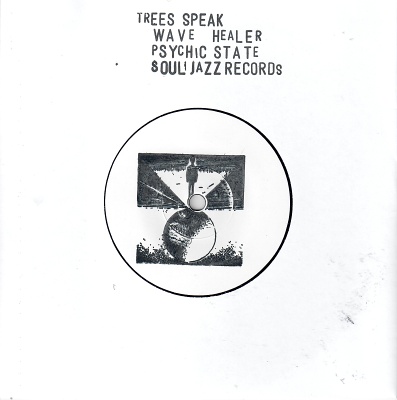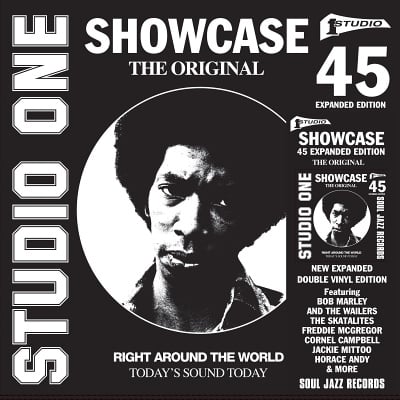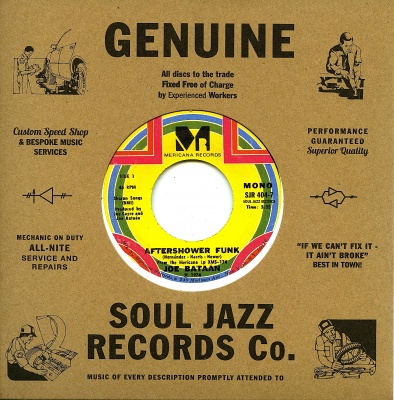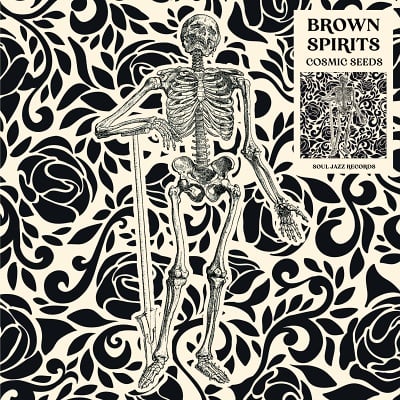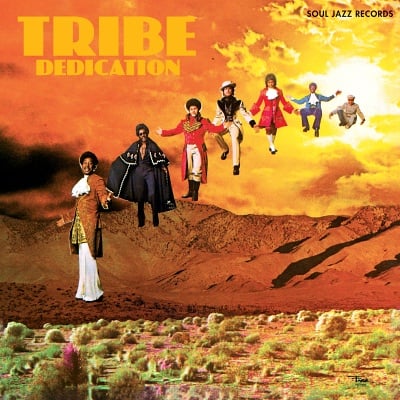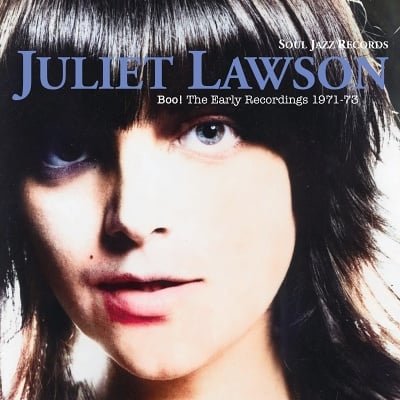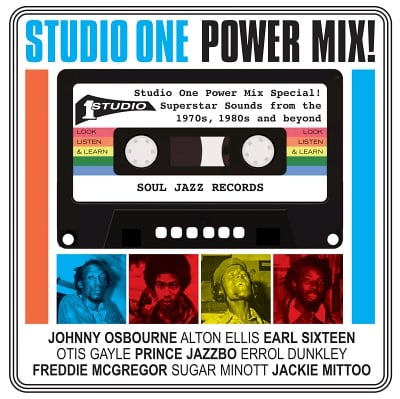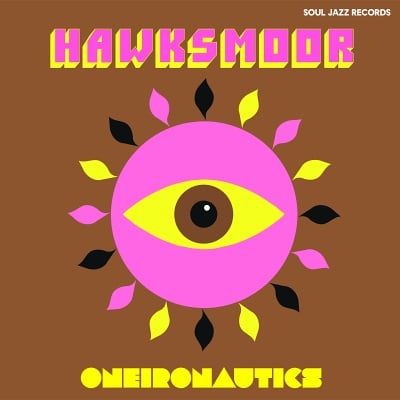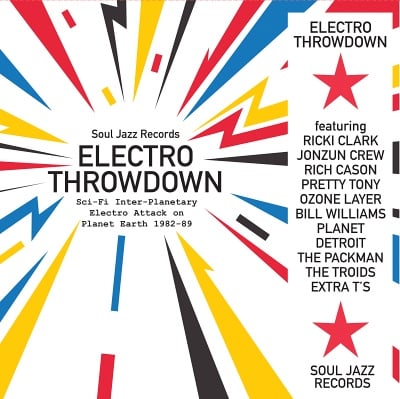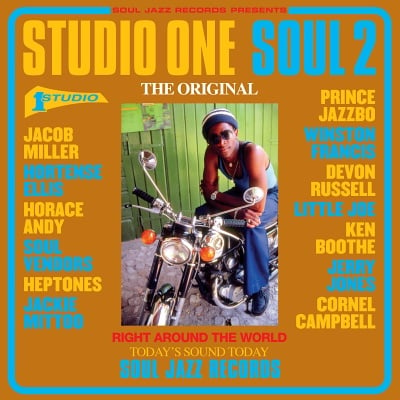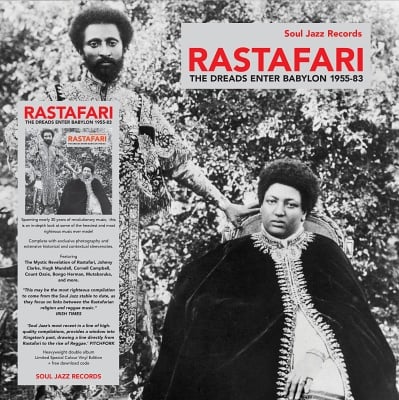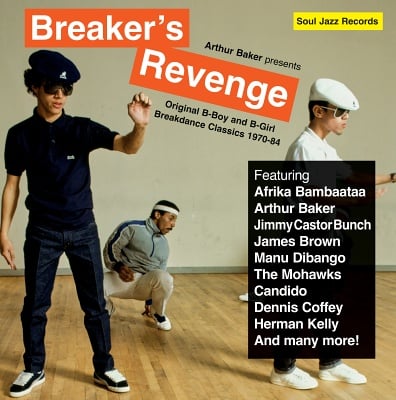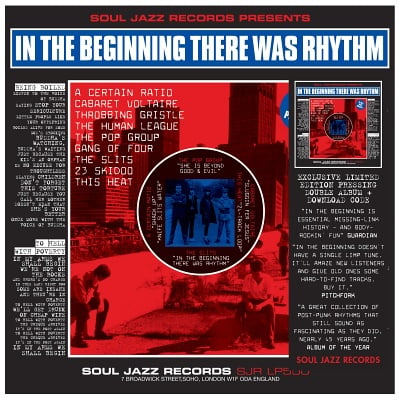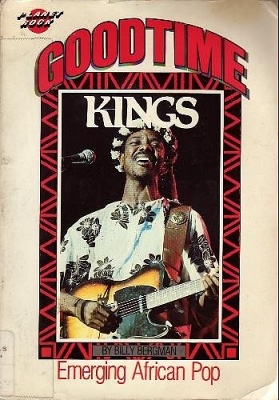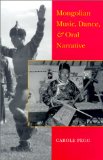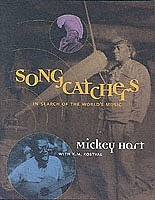
- Book (800g) 9780792241072£6.99Out of stock Notify me when in stock
On March 15, 1890, ethnographer Jesse Walter Fewkes walked out onto a field in Calais, Maine, and, pumping a foot treadle for power, recorded a Passamaquoddy Indian singing a salutation song. The first field recording of traditional music ever made, the song he captured was heard around the world, creating a revolution in music that continues today. Fewkes, the first 'songcatcher' - recordists who go into the field to capture musical sound - stood at the threshold of the age of modern technology. Others coming quickly after him ventured much farther afield: they recorded the shamanic chants of the Siberian rim; the dying folk music of isolated European villagers; the ecstatic gamelon sounds of Bali; the trance drumming of Africa. They lugged their ponderous gear into the High Andes and to remote Pacific islands. Some of their names are well-known - Paul Bowles, Alan Lomax, Bela Bartok - some are unknown and unsung. They did more than bring back sound. They brought back adventure; they broadened the idea of what music meant and what culture could produce. In Songcatchers, Mickey Hart, the Grateful Dead's percussionist, traces the adventures of these field recordists, as well as his own.
At the same time, he tells the story of the extraordinary developments in technology that made sound capturing possible.
